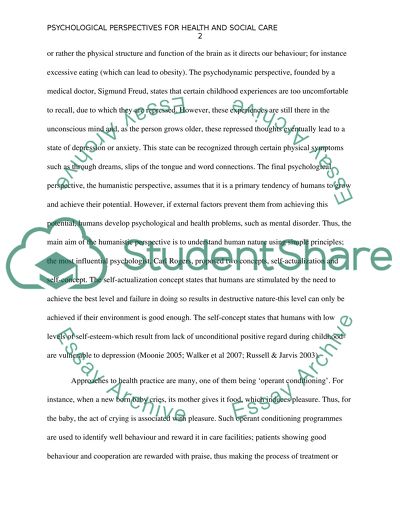Cite this document
(“Psychological perspectives for Health and social care Assignment”, n.d.)
Psychological perspectives for Health and social care Assignment. Retrieved from https://studentshare.org/health-sciences-medicine/1612767-psychological-perspectives-for-health-and-social-care
Psychological perspectives for Health and social care Assignment. Retrieved from https://studentshare.org/health-sciences-medicine/1612767-psychological-perspectives-for-health-and-social-care
(Psychological Perspectives for Health and Social Care Assignment)
Psychological Perspectives for Health and Social Care Assignment. https://studentshare.org/health-sciences-medicine/1612767-psychological-perspectives-for-health-and-social-care.
Psychological Perspectives for Health and Social Care Assignment. https://studentshare.org/health-sciences-medicine/1612767-psychological-perspectives-for-health-and-social-care.
“Psychological Perspectives for Health and Social Care Assignment”, n.d. https://studentshare.org/health-sciences-medicine/1612767-psychological-perspectives-for-health-and-social-care.


